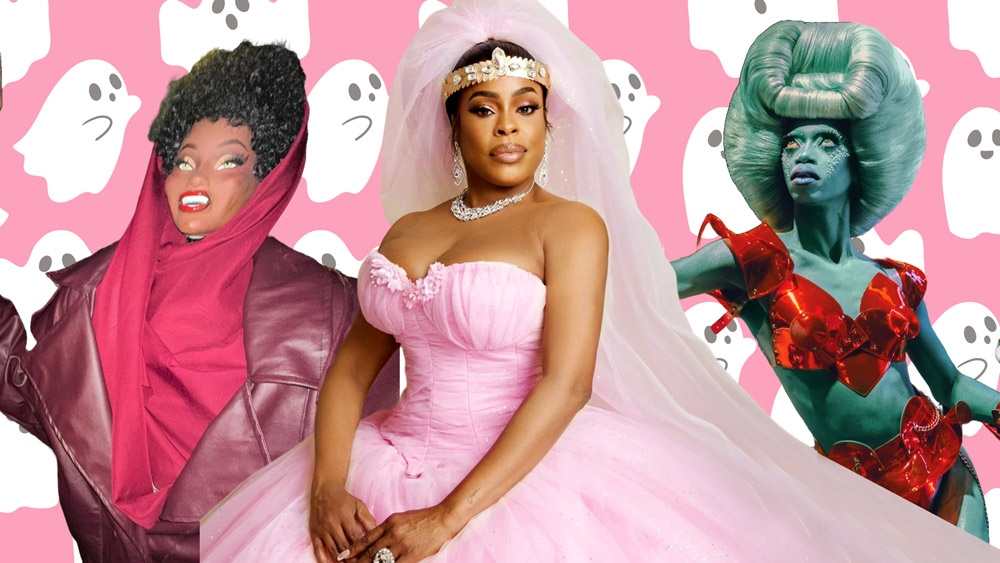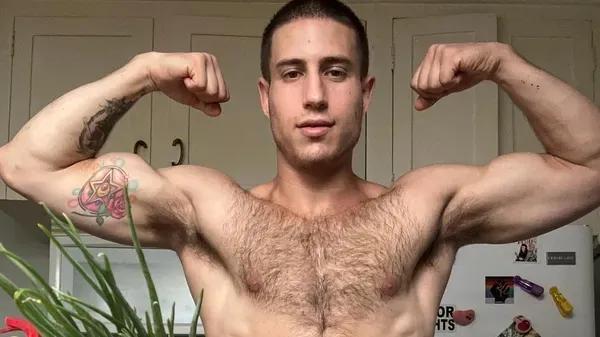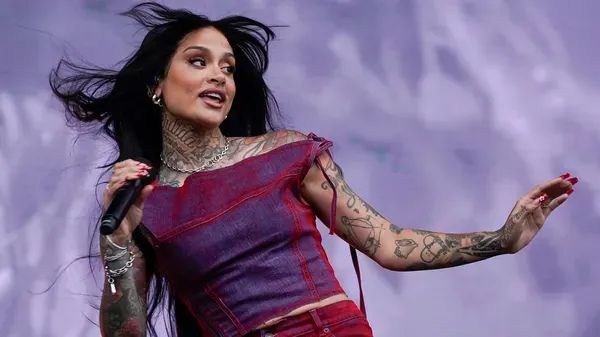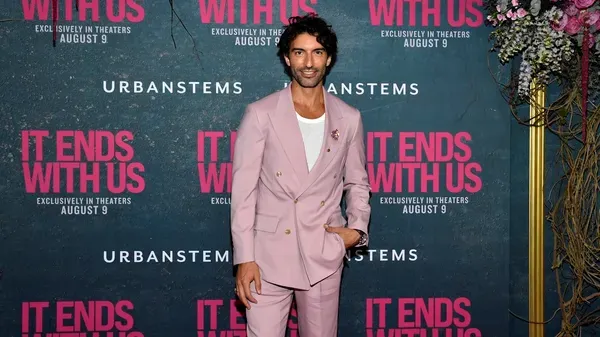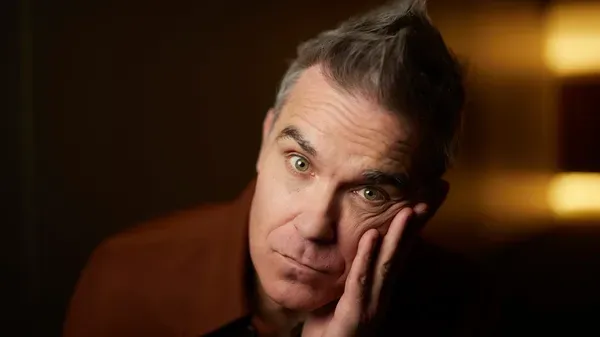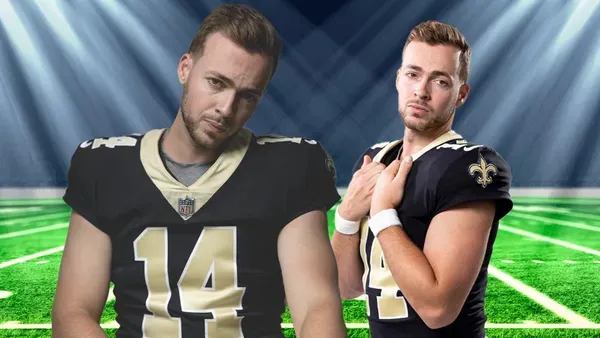Jul 16
Director Zach Meiners Survived Conversion Therapy, Then Made a Doc About It
Kilian Melloy READ TIME: 7 MIN.
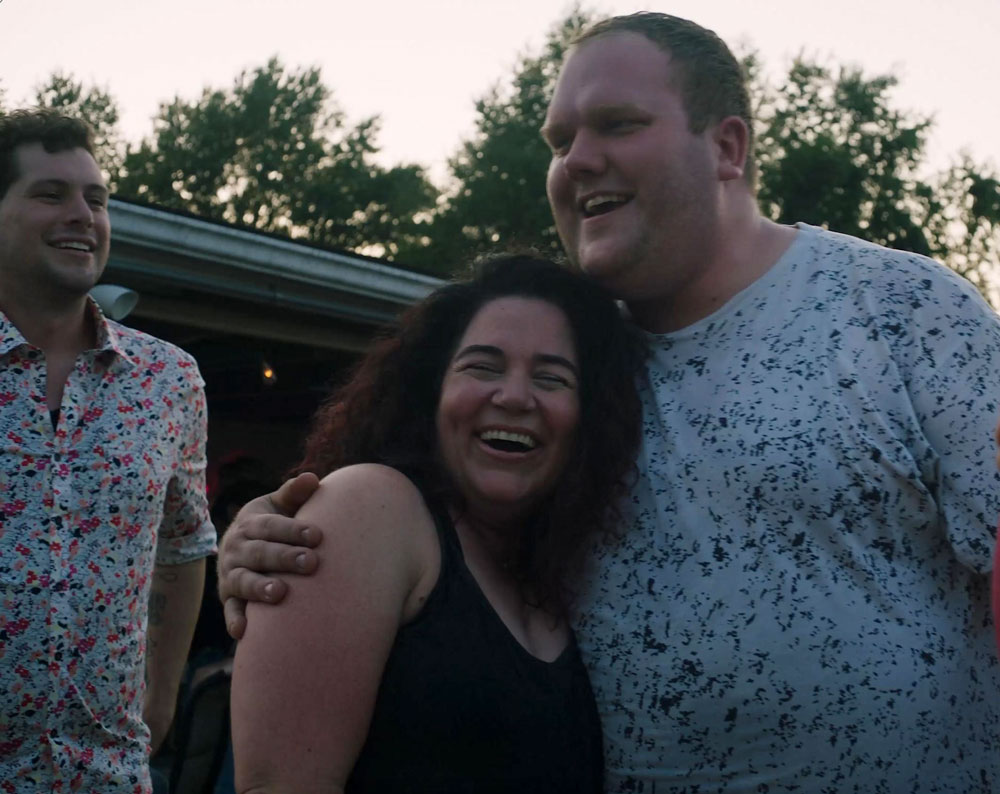
EDGE: Would you say you have PTSD, or some form of trauma, from this supposed "therapy?"
Zach Meiners I absolutely have a lot of trauma and complex PTSD. What happened to me was not some big traumatic event that happened once, it was something that was slow and sinister that happened weekly or biweekly for four years. And also, the culture that I was a part of led me to believe that this part of me was so wrong that I needed to do this in order to be whole.
Luckily, as an adult, through getting actual therapy, I'm in a much better and healthier place now. That's due to the mental health community, but also to my chosen family and friends, people that have loved me and supported me through a lot of these hard times to be able to be and continue on the path that I'm on of being a healthy adult who can love and be loved.
EDGE: There's a point in the film where you go and talk to McKrae Game. He was a leader in the ex-gay movement who stepped away from it and apologized. But what he told you didn't seem to satisfy you.
Zach Meiners It was hard to hear from someone who was apologizing, and it felt like he was saying these things that felt almost rehearsed with a PR coach, but then on the other side of his mouth he would say, "But here's how many copies of my book I sold. We had this website, we had slick graphics, we had these events that people love," almost bragging about their accomplishments.
One of the things that's unique about our film is that other films have [mostly] interviewed ex-gay leaders, and not people who went through it. Our film is directed by a conversion therapy survivor. We're interviewing other conversion therapy survivors. Blake [Allen], the composer of the film, grew up in the Mormon Church; Blake didn't go through conversion therapy, but had friends who did, and came from that culture and that background. Marc [Singer], one of the producers of the film, was married to Dustin, who has that experience [of conversion therapy]. Almost everyone on the team has been affected by conversion therapy, either personally or indirectly.
It was important for me to [present] what would I have needed to see at 14 that would have helped me get out of the system faster. It's important to hear the stories and to hear how harmful it is, but it's also important to give people hope. We went through these horrible things, but we're overcoming those things. We are survivors, and not everyone made it. But I'm lucky to be one, and I want to use my voice to give others hope that they can come to a place of wholeness and healthy community.
EDGE: Was the making of the film therapeutic in itself?
Zach Meiners Yeah, absolutely. I was made to feel like I was the only gay kid struggling with this, [but] there's an estimated 698,000 conversion therapy survivors in United States. What's crazy is meeting other people who have gone through it and realizing that there are these common impacts that they had on our lives that we have really bonded over. Finding that community is incredibly healing.
When I watched "RuPaul's Drag Race" for the first time, I was going to a bar here in rural Kentucky with my first serious boyfriend. One of the things about "Drag Race" that's interesting is that people gather together in queer spaces to watch the show together, the way that straight people get together and watch sports games. This drag queen, Dusty Ray Bottoms, was on, and they were talking about their experience with conversion therapy. Dusty was one of the first people to ever talk about conversion therapy on national TV. [I was] going, "Wait, I went through that." Hearing Dusty's story was part of what began to encourage me to be able to tell my story.
Tonight, we're doing the release party at the same bar that I first watched "Drag Race" in all those years ago. It's pretty crazy how it all comes full circle.
"Conversion" is available now on VOD.
Kilian Melloy serves as EDGE Media Network's Associate Arts Editor and Staff Contributor. His professional memberships include the National Lesbian & Gay Journalists Association, the Boston Online Film Critics Association, The Gay and Lesbian Entertainment Critics Association, and the Boston Theater Critics Association's Elliot Norton Awards Committee.
